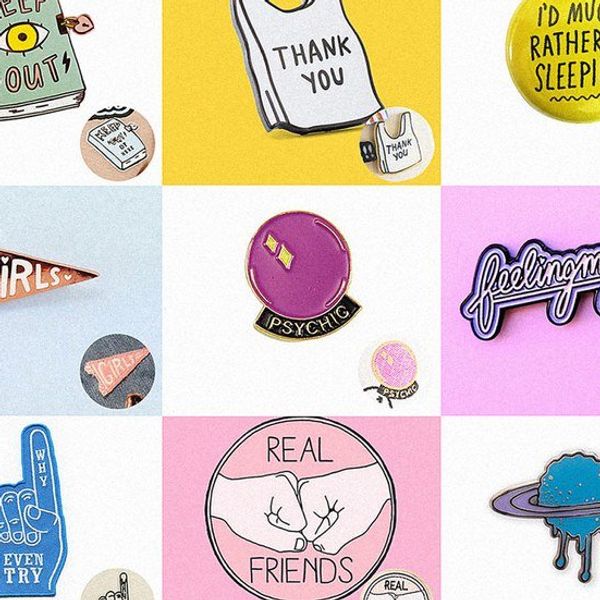About two weeks ago a photo surfaced of “El Chapo,” a major drug kingpin, wearing a Barabas shirt. The shirt is a good look; a dark purple with a sort of emerald green blend. Now the story should end with just questions of why a drug kingpin would wear a shirt like that. But it doesn’t. In fact, the heart of this story is that Barabas has begun to receive an influx of orders for the exact shirt that “El Chapo” is pictured modeling. Everyone is familiar with celebrity endorsements. Get Peyton Manning and a catchy jingle and your product will likely see an increase in sales. But no has ever come up with the idea of having a notorious criminal incidentally endorse their product. However, like most great ideas, Barabas managed to stumble upon this one by accident. The company used to receive an average of 10-20 shirt sales a day. Now it sells hundreds a day. In fact, it has sold out of the design that “El Chapo” modeled so graciously.
Now, what does this have to tell us about what our culture values? It seems that something in us is attracted to the wildness and notoriety of a criminal like a drug kingpin. Maybe it's because we all feel like we live such boring inconsequential lives that we are drawn to the allure of glory that “El Chapo” seems to represent. If we could just wear the same clothes, maybe we would get a taste of that glory and fame. But in reality, it’s just a shirt. There is nothing sacred or special about wearing the same shirt as anybody else. You are not going to turn into a famous drug lord by just wearing his shirt. I think the increase in orders reflects both a yearning in our culture to taste fame and our horribly deficient measures of attaining to it. Nonetheless, companies should learn from Barabas and start getting more notorious publicity.
When asked why they would want to buy the shirt, consumers answer with replies not saying they commend what he does, but that they simply like the shirt design, and it has cool colors. But if a photo surfaced of me, an average joe nobody with no notorious criminal track record, people would not say “Wow look at that shirt; let’s all go order it”. No, people would probably look at me funny wondering why a young white kid would wear an outfit as ridiculous as that. People say like the shirt, but they really don’t. They like the image that the shirt gives them. They feel more connected to a wilder side of themselves which is something many of us crave, even if we are not willing to admit it. So I think we should also look inwardly at ourselves and evaluate the choices we make every day to give off our desired image. What are we really dressing for? Or better yet, for whom are we dressing up ourselves? These are important questions to consider, and I think this news story sheds some light on the commonplace decisions we make unconsciously in our lives every day.





















